Are you creditworthy? Let's see if you pass the test.
Building creditworthiness is an important step on your financial journey. Here’s a quick test to check how creditworthy you are.
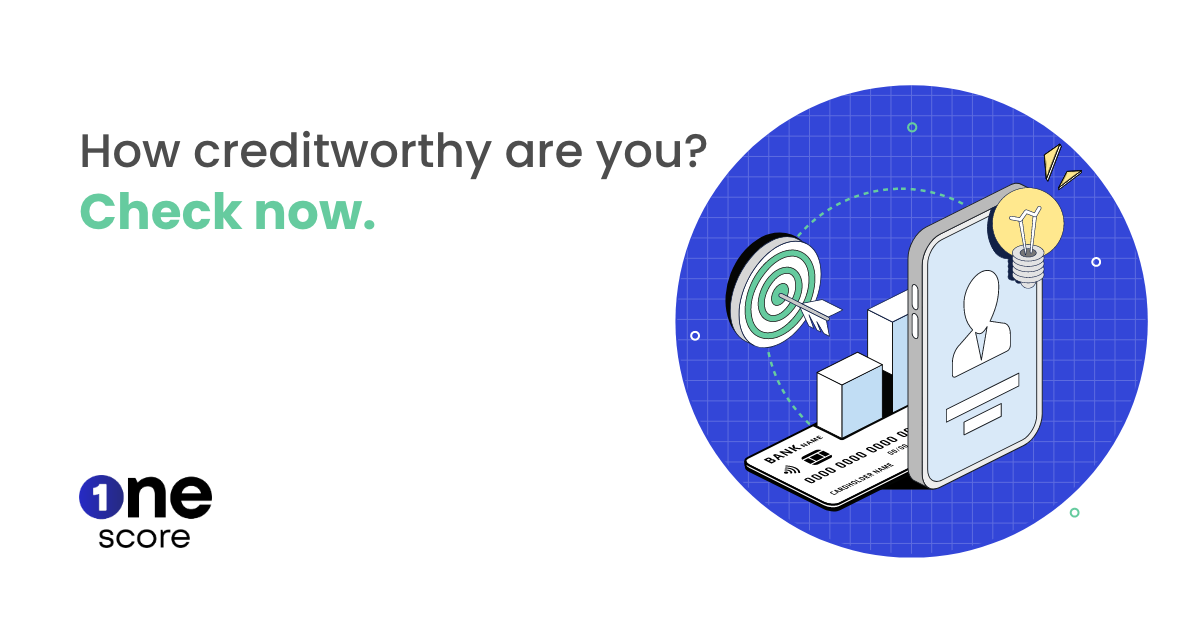
Listen to the article here:
Your credit worth can have a significant impact on your financial future. From getting lower interest rates on loans to better repayment terms, creditworthy person has better control over their finances. Here’s a quick test to check how likely you are to get credit in the future.
1. You always pay your dues on time and in full.
The simple and foolproof way to have a perfect credit score is to be diligent with your credit card bills.
Two of the most crucial elements for a healthy credit history are paying what is owed and being consistent about it. It’s best to pay up the entire balance before the due date so you can avoid interest charges and late payment fees. This also keeps you from falling into a debt trap.
Did you know that you can set a payment reminder on OneScore - a free credit-management app? So you never miss a bill payment or EMI and are always on top of your bills.
2. You manage your debt-to-income (DTI ratio)
Let’s first understand what is a Debt-to-income (DTI Ratio).
The DTI ratio compares the amount you owe to your monthly earnings. Lenders use your debt-to-income (DTI) ratio to assess your ability to pay back any new debt. Keeping your obligations much lower than your income helps ensure a lower DTI ratio, which may make it easier for you to qualify for new credit. A DTI ratio of < 36% is generally considered manageable.
Here’s how to calculate your DTI ratio: Debt-to-income ratio = your monthly debt payments divided by your gross monthly income.
3. There’s no default in your name.
When you repeatedly fall behind on the minimum payment required on your credit cards, a default occurs. When a credit card account defaults, the issuer may impose late fees, penalties, and higher interest rates on the account.
The issuer may also report the default to credit bureaus, which can negatively impact the cardholder’s credit score and make it more difficult for them to obtain credit in the future. Having a default on your name places a negative mark on your credit report and may stay for 7 to 10 years.
If you never default on your financial responsibilities and have no collections, better your chances of having a good credit score.
4. There are no fake loans under your name.
Did you know fraudsters can steal your financial information like PAN details and other identifying information and apply for loans in your name? If a person has misused your information to avail of a loan and it reflects on your credit report. This can wreck your credit score and become a hurdle when you need to apply for credit. You can raise an online dispute with the credit bureau and get it removed, but it’s best to take immediate action.
How to do that? Check your credit score regularly on OneScore and ensure no incorrect entry has made its way into your credit report. Read more about how to spot fake loans and how to report them.
5. You are not applying for credit cards mindlessly
Credit card issuers turn away individuals who apply for many credit cards in a short period. Applying for credit cards frequently make you appear credit-hungry and indicates you are in a financial crisis. Failed applications can also impact your credit score negatively. Hence, it’s important to be mindful while applying for credit.
If you do all of the above, you have nothing to worry about. And if you are using OneScore to keep tabs on your credit accounts, you are already on the good side of credit. Check out OneScore, a free credit management app that puts you in charge of your creditworthiness.
**Disclaimer: The information provided on this webpage does not, and is not intended to, constitute any kind of advice; instead, all the information available here is for general informational purposes only. FPL Consumer Services Private Limited and the author shall not be responsible for any direct/indirect/damages/loss incurred by the reader in making any decision based on the contents and information. Please consult your advisor before making any decision.
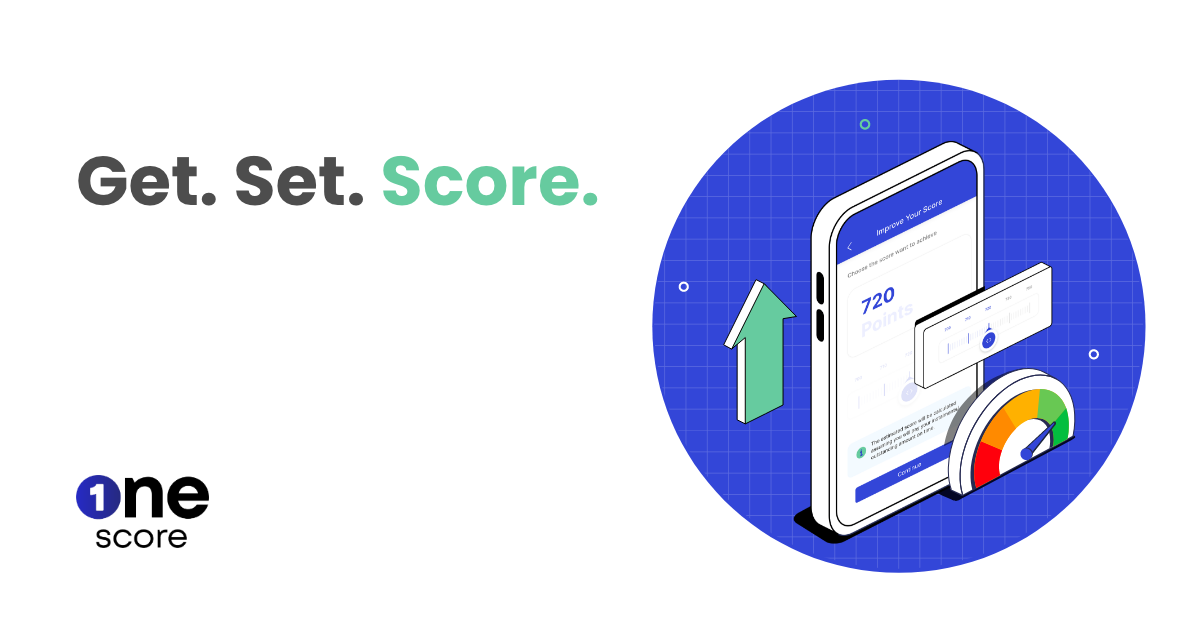
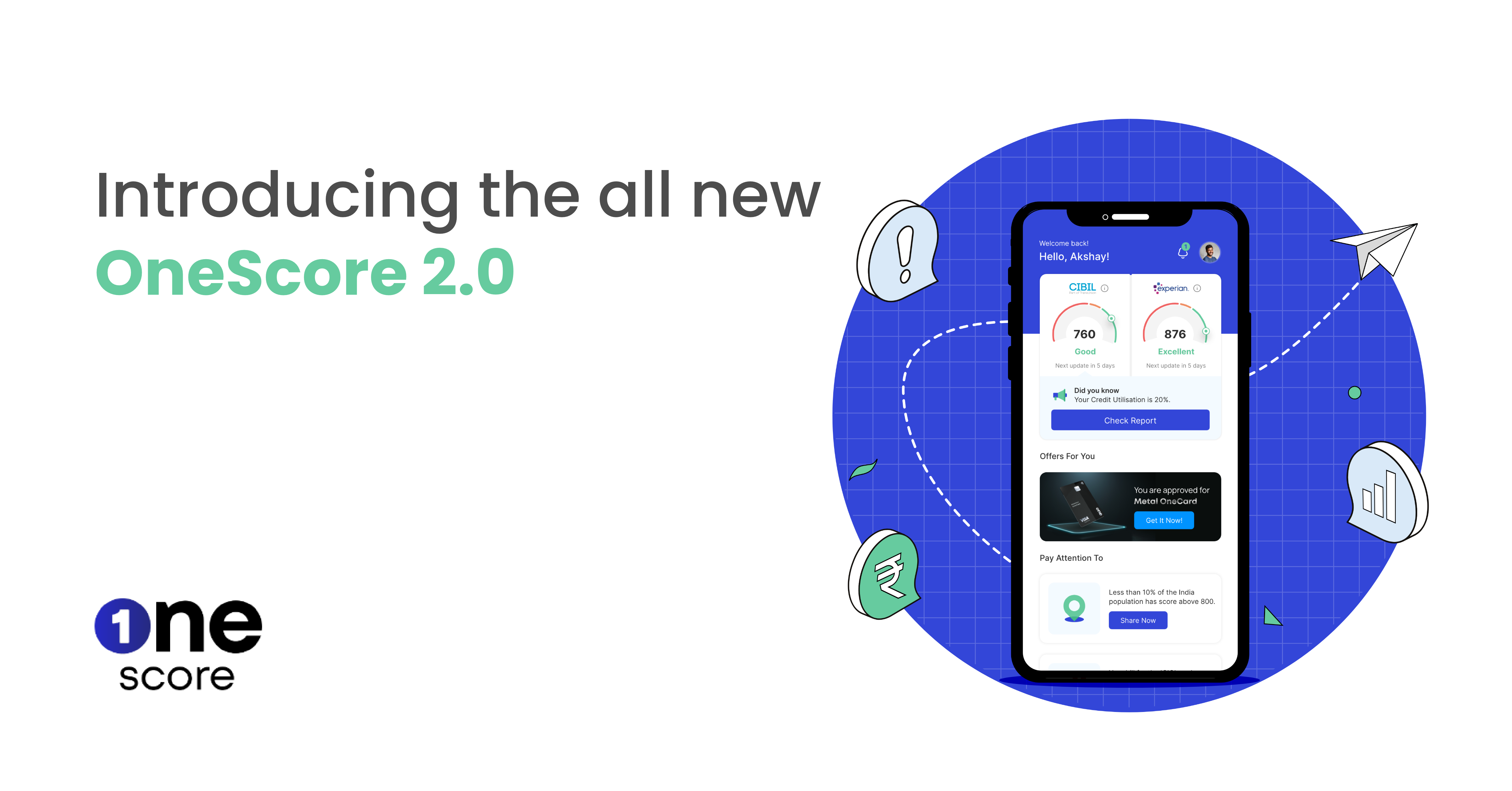
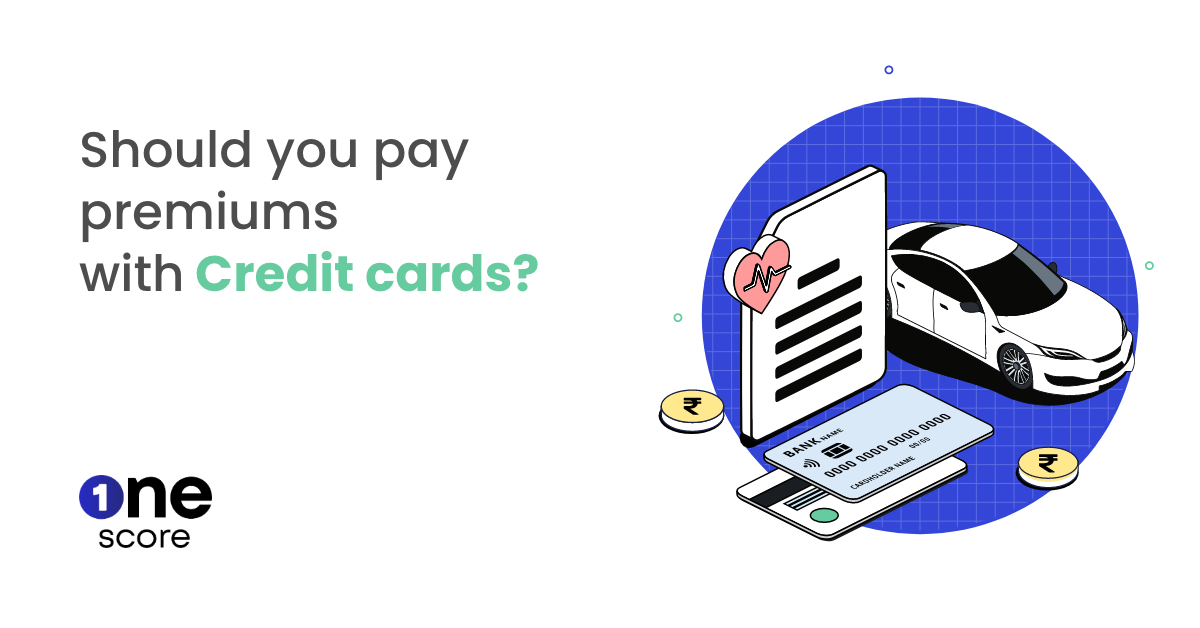
Things to remember while paying your premiums with a credit card
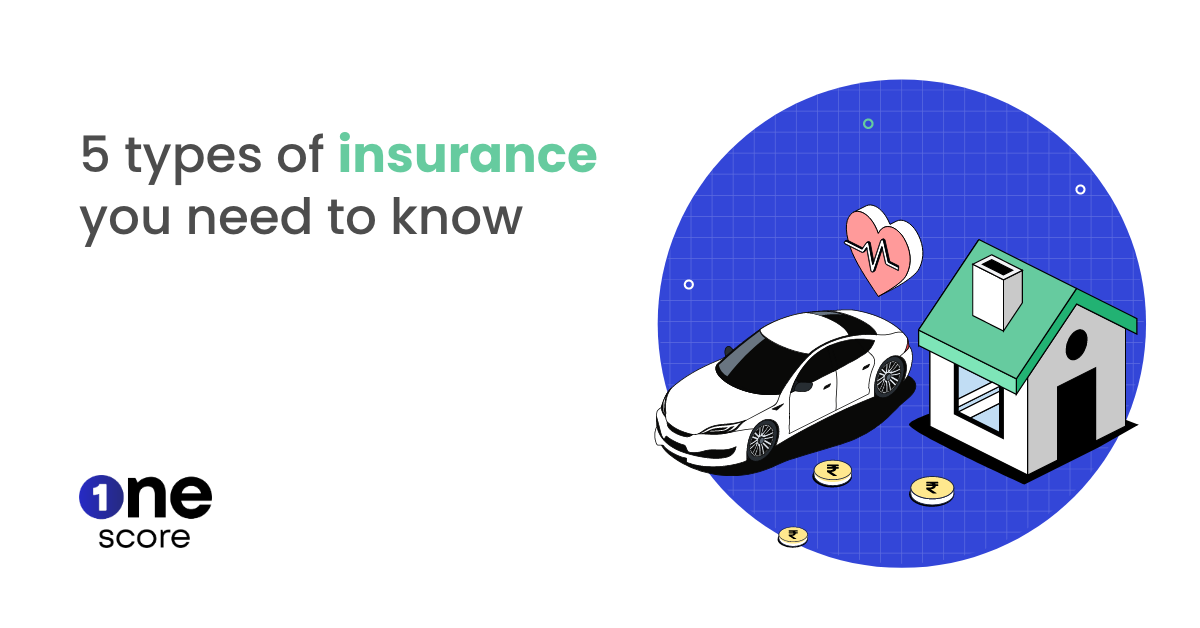
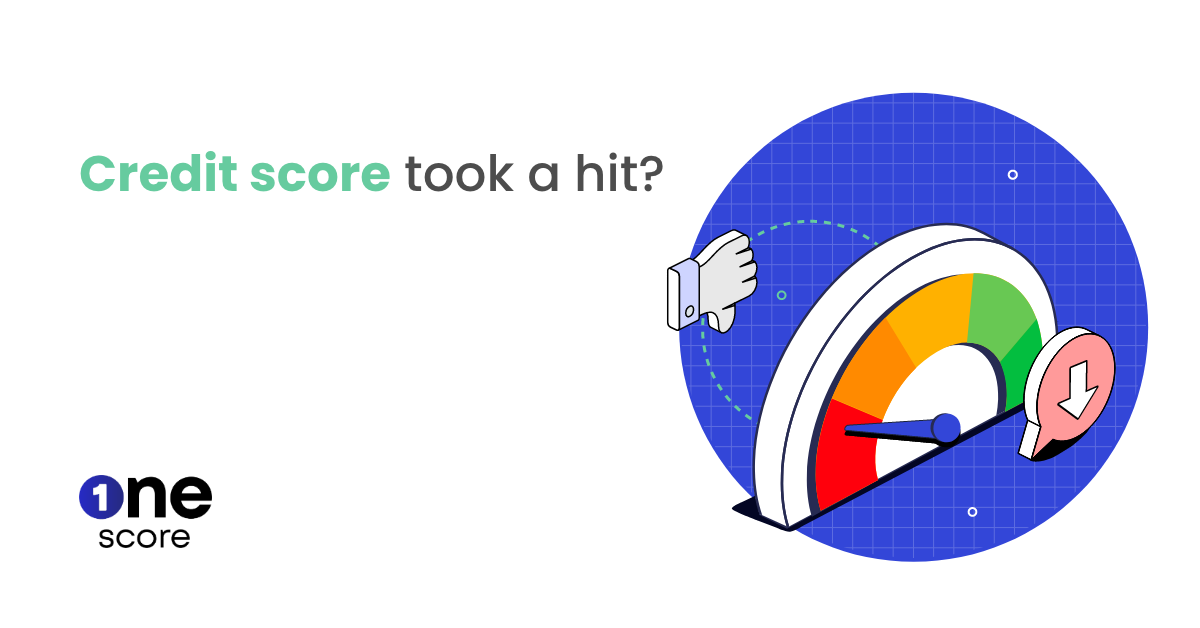
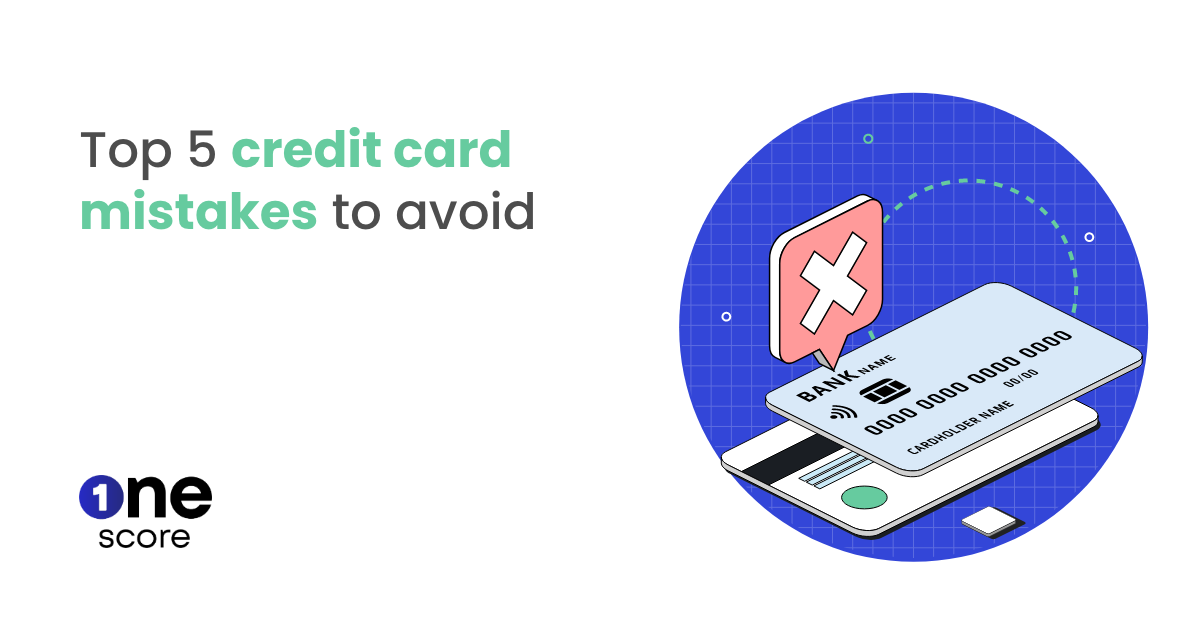
- OneScore , February 28, 2023

